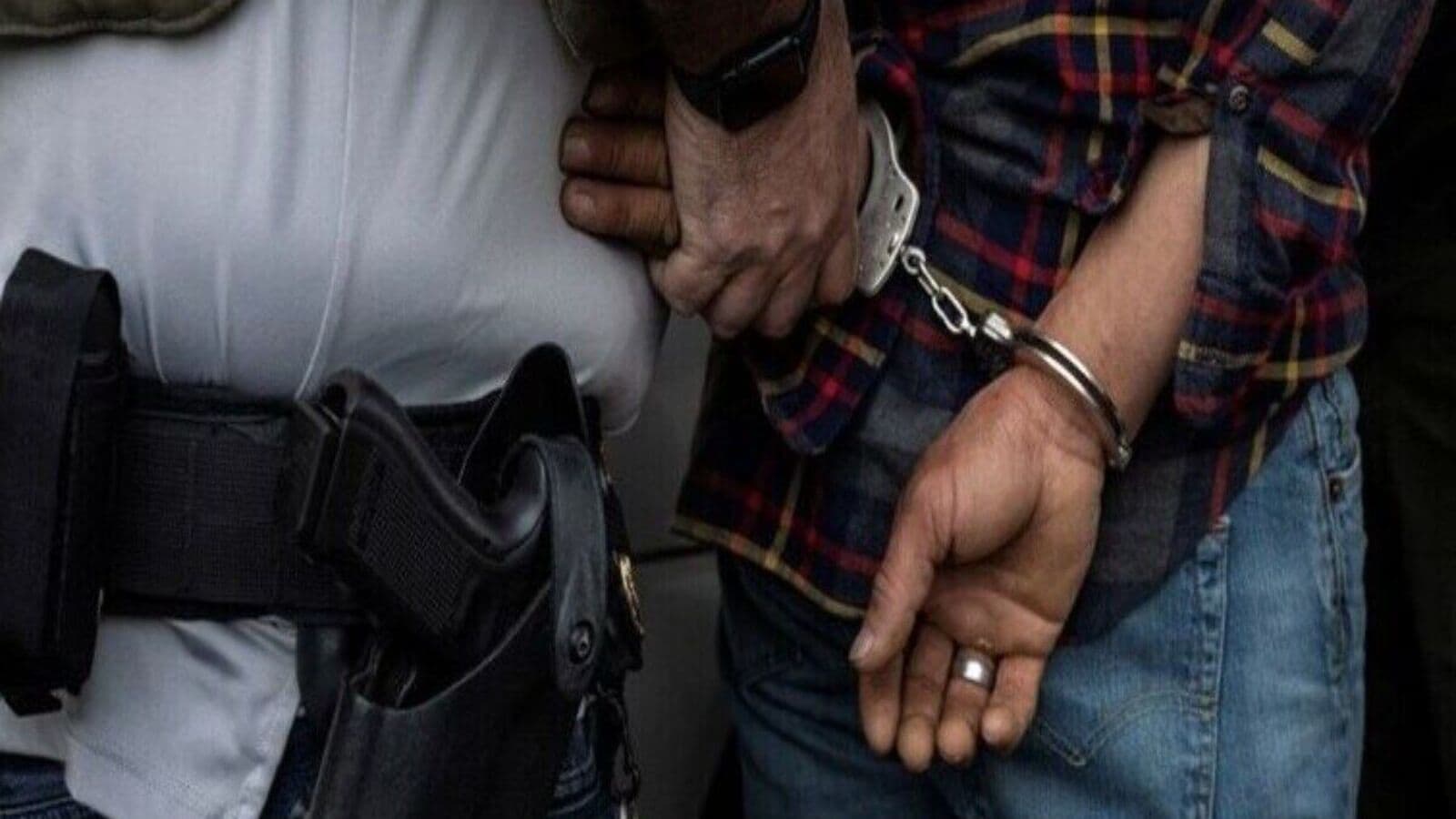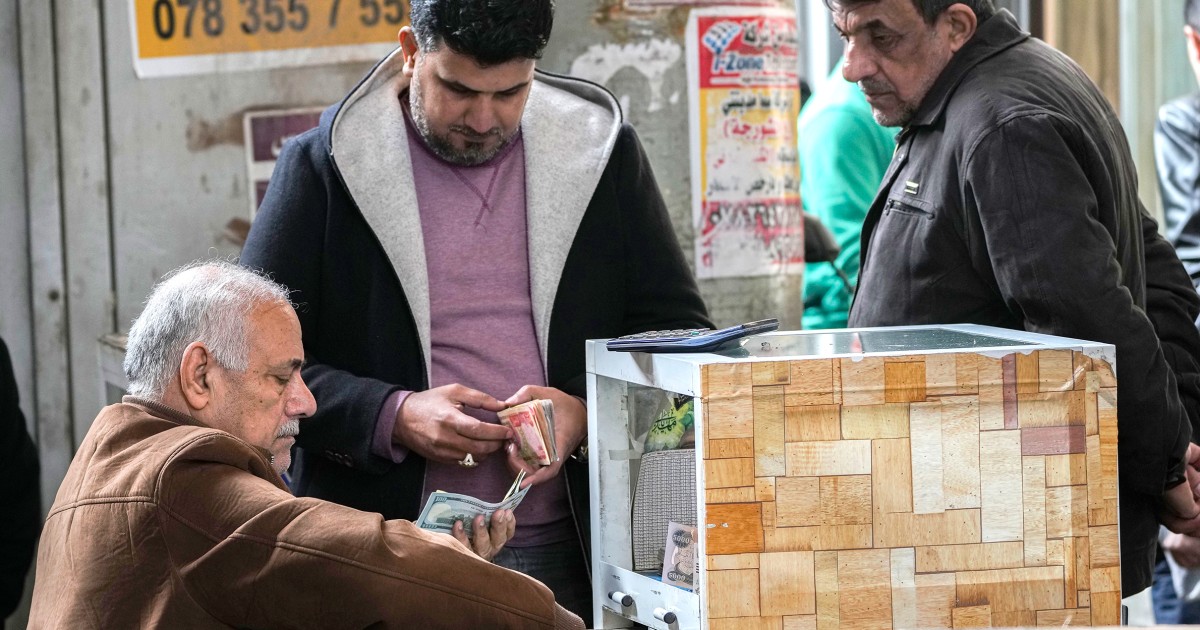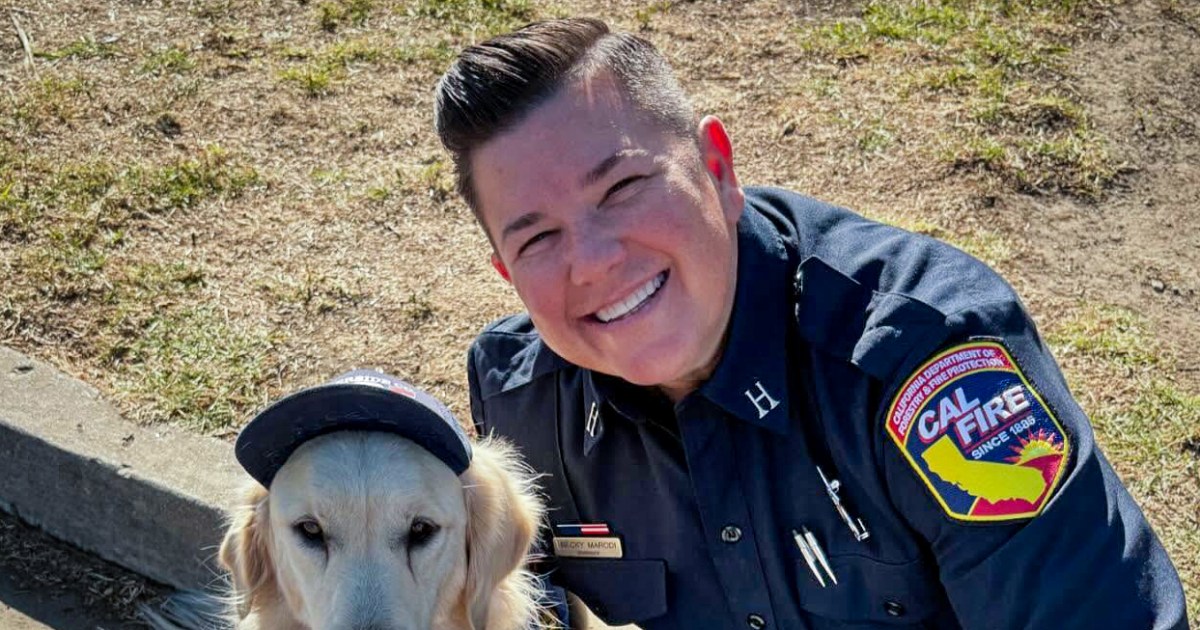A federal judge in Maryland has blocked the Trump administration from conducting immigration enforcement actions at specific places of worship for Quakers, Cooperative Baptists, and Sikhs, CBS News reported. The ruling comes in response to a lawsuit challenging President Donald Trump’s rollback of a Biden-era policy that previously restricted such actions at protected locations.
US District Judge Theodore Chuang granted a preliminary injunction to these religious groups, preventing federal immigration authorities from executing arrests in their places of worship. However, the order applies only to houses of worship owned or used by the plaintiffs and does not extend nationwide.
Faith groups argue violation of religious rights
The lawsuit argued that the Trump administration’s policy permitting immigration arrests at houses of worship violates the First Amendment and burdens the free exercise of religion under federal law.
Chuang found that the mere threat of immigration enforcement at these places had already led to a decline in attendance. He noted that both undocumented and legally present immigrants feared being mistaken for unauthorised individuals, affecting overall participation in religious services.
“Where plaintiffs’ communal religious exercise will be significantly and adversely affected by reductions in attendance resulting from immigration enforcement actions pursuant to the 2025 policy, armed law enforcement officers operating in or at places of worship pursuant to the 2025 policy will adversely affect the ability of Quakers and Sikhs to follow their religious beliefs or worship freely,” Chuang wrote in his 59-page opinion, as reported by CBS News.
Ruling cites Religious Freedom Restoration Act
Chuang’s ruling determined that the 2025 policy imposed a “substantial burden” on the religious groups’ ability to worship freely, particularly the Cooperative Baptists’ immigrant-focused services.
“Immigration enforcement actions at plaintiffs’ places of worship pursuant to the 2025 policy would impose substantial pressure on plaintiffs to modify their behavior by preventing them from worshiping with a larger and more diverse group of congregants and thereby inhibiting their exercise of central facets of their respective religions,” Chuang wrote.
The court further concluded that the administration’s directive effectively forced religious communities to worship with fewer attendees, including US citizens and legal immigrants, in contradiction to their religious beliefs emphasising inclusivity.
Reinstating the 2021 Biden-era policy
As part of the ruling, Chuang ordered the Trump administration to reinstate a 2021 memorandum issued by then-Homeland Security Secretary Alejandro Mayorkas. That memo had barred enforcement actions in sensitive locations, including schools, medical facilities, and houses of worship, “to the fullest extent possible.”
The ruling, however, does not prohibit federal immigration authorities from executing arrests in or near places of worship if authorised by a warrant.
Trump Administration’s crackdown on illegal immigration
President Trump revoked the Biden administration’s memorandum on his first day back in office, implementing a series of executive orders aimed at tightening immigration enforcement. The new directive asserted that “it is not necessary” to establish clear-cut restrictions on where immigration laws could be enforced.
A statement from the Department of Homeland Security justified the policy shift, stating, “Criminals will no longer be able to hide in America’s schools and churches to avoid arrest. The Trump administration will not tie the hands of our brave law enforcement, and instead trusts them to use common sense.”
Legal battle continues
While Chuang’s ruling represents a victory for the religious groups involved, the broader legal battle over immigration enforcement at places of worship is likely to continue. The administration could appeal the ruling or issue a revised directive to circumvent the injunction.
For now, the order ensures that the Trump administration must follow the 2021 guidelines when carrying out enforcement actions at places of worship used by Quakers, Cooperative Baptists, and Sikhs.
Catch all the Business News , Breaking News Events and Latest News Updates on Live Mint. Download The Mint News App to get Daily Market Updates.
MoreLess








